Project R.E.D. Team
Every identity can come with its own set of circumstances creating different mental health challenges. This is why it's important to meet people where they’re at and why, according to Hope for the Day’s Education Director Mike Vinopal, Project R.E.D. Team was created.
Project R.E.D. Team is Hope for the Day’s mental health education program designed by and for members of the military, first responders and their families. R.E.D. stands for Reminding Everyone Deployed that it’s ok not to be ok.
Ryan Shannon, Project R.E.D. Team’s Director, said the program focuses on proactive suicide prevention, working to reach those in the community who need help.
“We do it proactively. We train how we fight,” Shannon, who served in the military, said. “You train to go fight the fire before you ever actually have to fight the fire. Same with the military — you train to go to war before you ever actually go to war. That’s just how it works, but nobody’s training us how to fight suicidal ideation or our mental health problems productively.”
Project R.E.D. Team, which began in May of 2020, is working to dismantle the stigma around talking about mental health in the military and first responder communities. Kenedey Ward, the program’s Assistant Director, said having individuals share their stories helps break up this stigma. Whether it’s during the 90-minute education sessions or during the biweekly podcast “All Hands Call,” the stories shed light on the military and first responder experience.
The program is peer-led meaning those leading the education are in the same community as those they’re teaching and have similar life experiences. This common ground allows for more connection and more comfort for those in attendance. According to Ward, having other members of the military and first responders community craft the program lets others know they’re not alone.
“We have a unique perspective and opportunity to use the peer-to-peer method and the lived experience to help other people realize there is hope outside of maybe what you’ve always known,” Ward said.
Vinopal echoed the same sentiment saying that’s what sets Project R.E.D. Team apart from Hope for the Day’s other education opportunities. The program is based on Hope for the Day’s general education curriculum, The Things We Don’t Say, but with that specialized approach.
“It was just super powerful to watch how different people were able to connect with our education when you put somebody from their community as that facilitator [who has] that lived experience lens,” Vinopal said.
There’s no prerequisite to be a part of the Project R.E.D. Team community. Shannon said it doesn’t matter whether you were in combat, had an honorable discharge, are a family member of someone who served or just want to learn about the military and first responder experience — all are welcome.
He, Ward and Vinopal noted how the program wouldn’t feel complete if it didn’t include family members. Shannon said that as a part of the support system for a member of the military or a first responder, they are just as much a member of the community.
“[Deployed] doesn’t just mean you stepped foot overseas. That’s not what it means to us anymore,” Shannon said. “It includes all the people here too that were a part of this because they deployed in my mind.”
Ward, a former spouse of a member of the military, said she wants to “be the resource that I didn’t have” and help people transition out of the military and back into the civilian world. By being a part of the transitional period, they can get veterans in touch with the resources they need right away.
Sharing resources has become an integral part of Project R.E.D. Team’s mission — connecting people to other organizations, treatment options and mental health professionals.
Outside of the education experience, much of this communication takes place on the program’s private Facebook group, which currently has over 500 members. The group is a place for members to share resources, a personal story or just a funny meme. According to Ward, it’s all important for building up the community.
“They’re coming together in this safe space of forum to just be humans together, humans who have a similar experience,” Ward said.
Project R.E.D. Team hosts its education on the 22nd of each month in honor of the 22 veterans and service members who complete suicide each day. Those interested can register at peervention.org.
The podcast “All Hands Call” is available to watch here.

